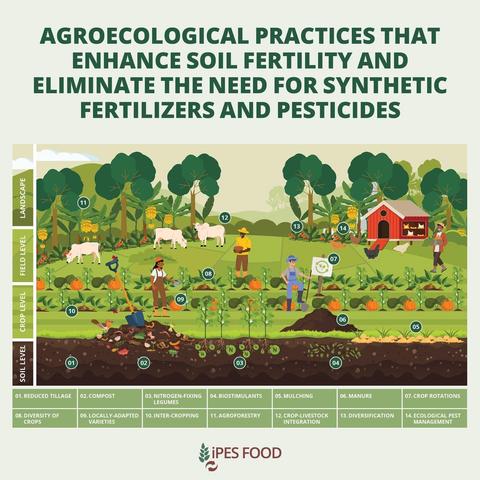Effects of Global Warming according to Wikipedia
environmentalist viewsGlobal Warming is a phenomenon that has caused global concern due to its impacts on the environment and human life. According to Wikipedia, Global Warming refers to the gradual increase in the average earth temperature, mainly caused by human activities. This article will explore the various effects of Global Warming described in Wikipedia and analyze its importance for our planet.
1. Derret of glaciers
One of the most immediate and visible effects of Global Warming is the melting of glaciers. According to Wikipedia, the temperature increase has caused the loss of large amounts of ice in the polar regions and in the mountains. This has serious consequences, such as the increase in sea level and the risk of coastal floods. In addition, the disappearance of glaciers also affects ecosystems and the availability of fresh water in many regions of the world.
2. Change in climatic patterns
Global Warming is also altering climatic patterns worldwide. According to Wikipedia, the temperature increase is causing changes in the stations, such as shorter and more long and intense summer. In addition, Global Warming is expected to increase the frequency and intensity of extreme climatic events, such as storms, hurricanes and floods. This has important implications for agriculture, food security and the population affected by these natural disasters.
3. Ocean acidification
Another effect of Global Warming mentioned by Wikipedia is the acidification of the oceans. The increase in carbon dioxide emissions (CO2) is causing oceans to absorb more CO2, which reduces their pH and makes them more acidic. This acidification has a negative impact on marine organisms, such as corals, mollusks and fish, since it can make growth and survival difficult. This in turn affects food chains and can have repercussions on fishing and marine biodiversity.
4. Species extinction
Global Warming is also contributing to the extinction of species worldwide. According to Wikipedia, the change in climatic conditions is altering natural habitats and distribution areas of many species. This leaves them more vulnerable to the loss of habitat, lack of resources and changes in water and food availability. In addition, the increase in temperature can lead to the appearance of diseases and pests that threaten the survival of many species. Biodiversity loss is a serious problem and affects ecosystems and our own life on earth.
5. Increase in sea levels
Global Warming is also causing an increase in sea levels. According to Wikipedia, the melting of polar ice and glaciers, together with the thermal expansion of water, are contributing to the increase in sea level worldwide. This represents a direct threat to coastal populations and low islands, since they are at risk of coastal flood and erosion. In addition, the increase in sea level can also contaminate coastal aquifers, worsen storms and affect estuarine and marine ecosystems.
Conclusion
Global Warming has generated a series of alarming effects for our planet. According to Wikipedia, these include the melting of glaciers, change in climatic patterns, ocean acidification, species extinction and increased sea levels. It is essential to take urgent measures to reduce greenhouse gases emissions, promote sustainability and adopt environmental environmental practices. We must all work together to stop and reverse the effects of Global Warming, and thus ensure a sustainable future for coming generations.
pollution xwikiGringud.com DemysySt The carbon dioxide emissions in the agricultural industry, promoting a sustainable agricultural practice on a greenery planet. ?? #SustainableFarming #Agroecology












